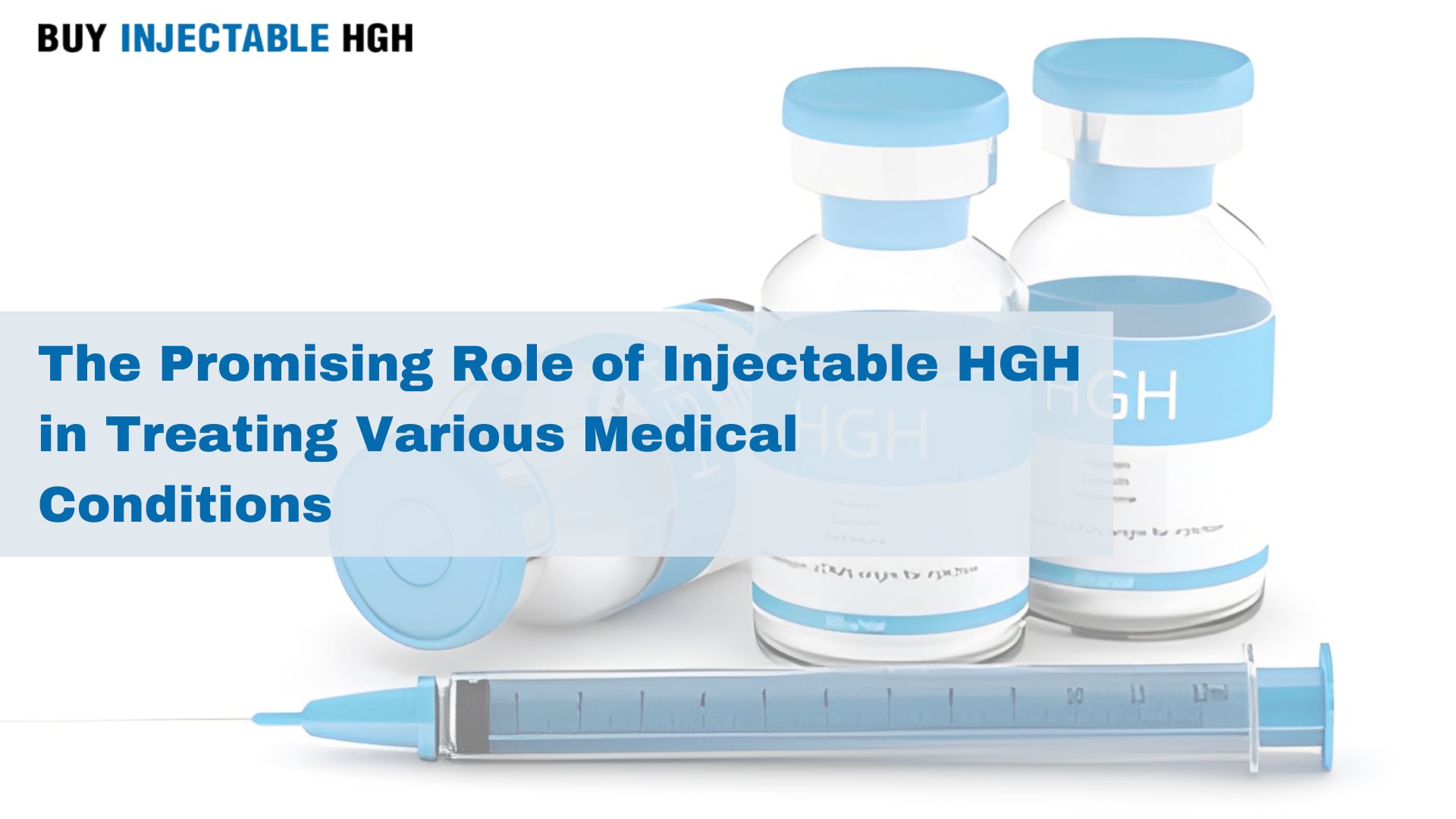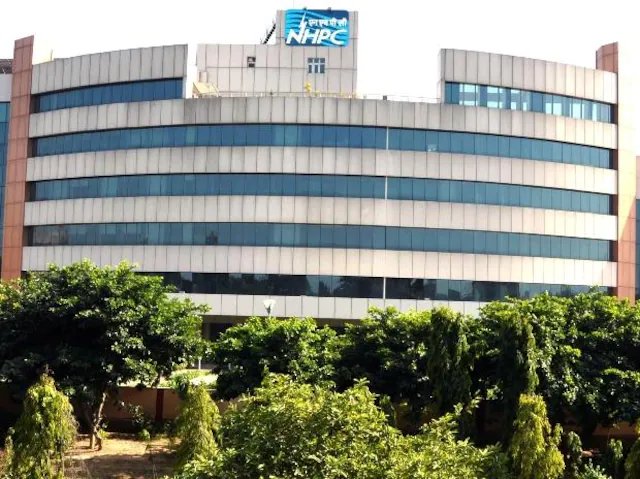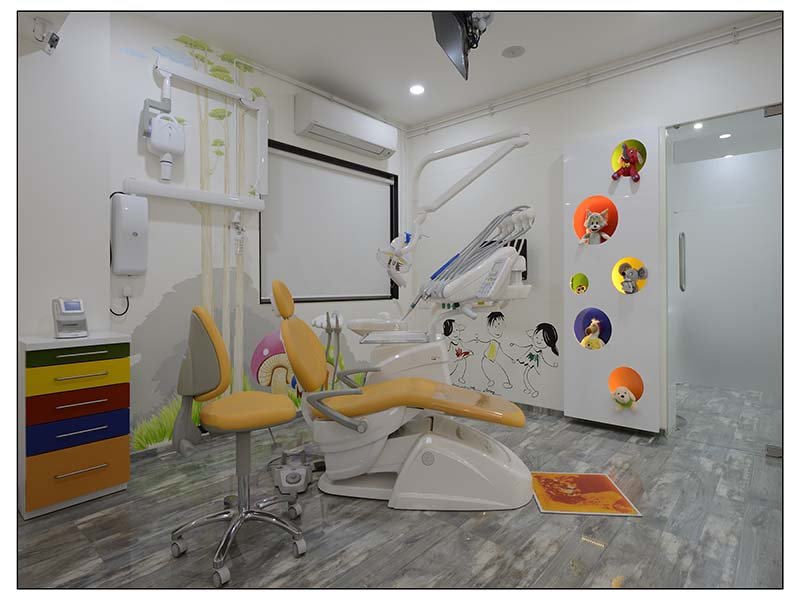The Promising Role of Injectable HGH in Treating Various Medical Conditions

Human Growth Hormone (HGH) is a vital hormone produced by the pituitary gland that plays a crucial role in the growth and development of the body. However, certain medical conditions can disrupt the normal production of HGH, leading to various health issues. Fortunately, injectable HGH has emerged as a promising treatment option for several medical conditions, including Turner Syndrome, Chronic Kidney Disease, Prader-Willi Syndrome, Muscle-Wasting Disease, and Short Bowel Syndrome.
In this article, we will explore how injectable HGH can be helpful in treating these conditions.
Role of Injectable HGH in Treating Various Medical Conditions
Let us take a look at how injectable HGH can help in treating various medical conditions such as:
Turner Syndrome
Turner Syndrome is a genetic disorder that affects females and is characterised by the absence or partial absence of one X chromosome. This condition can lead to short stature, delayed puberty, and other health problems. Injectable HGH has shown significant benefits in managing Turner Syndrome. By supplementing the deficient HGH levels in the body, injectable HGH can help promote growth and development, improve bone density, increase muscle mass, and enhance the overall quality of life in individuals with Turner Syndrome.
Chronic Kidney Disease:
Chronic Kidney Disease (CKD) is a condition characterised by the gradual loss of kidney function over time. CKD can cause a variety of symptoms, such as fatigue, poor growth, and muscle wasting. Injectable HGH has been studied as a potential treatment option for CKD-associated growth failure in children. It has been shown to improve growth velocity, increase muscle mass, and enhance renal function in children with CKD. Additionally, injectable HGH has been found to have a positive impact on bone health and metabolism in adults with CKD.
Prader-Willi Syndrome:
Prader-Willi Syndrome (PWS) is a complex genetic disorder that affects various aspects of physical, cognitive, and behavioural development. One of the common features of PWS is growth hormone deficiency, which can result in short stature, poor muscle tone, and metabolic abnormalities. Injectable HGH has emerged as a potential treatment option for individuals with PWS. It has been shown to improve growth, increase muscle mass, and enhance cognitive function in individuals with PWS. However, it is crucial to carefully monitor the use of injectable HGH in individuals with PWS, as it may require a multidisciplinary approach involving endocrinologists, nutritionists, and behavioural specialists to manage the condition effectively.
Muscle-Wasting Disease:
Muscle-wasting diseases, such as muscular dystrophy, are a group of genetic disorders that cause progressive muscle weakness and degeneration. Injectable HGH has been investigated as a potential treatment option for muscle-wasting diseases. It has been found to help improve muscle strength, increase muscle mass, and enhance overall physical performance in individuals with muscle-wasting diseases. However, further research is needed to better understand the long-term risks and benefits of using injectable HGH in managing muscle-wasting diseases.
Short Bowel Syndrome:
Short Bowel Syndrome (SBS) is a condition that occurs when a significant portion of the small intestine is surgically removed due to disease or injury, leading to malabsorption of nutrients. This can result in poor growth, nutrient deficiencies, and other health complications. Injectable HGH has been studied as a potential treatment option for SBS-associated malnutrition and growth failure. It has been shown to improve nutrient absorption, enhance weight gain, and promote growth in children with SBS
Conclusion:
Injectable HGH has emerged as a promising treatment option for various medical conditions, including Turner Syndrome, Chronic Kidney Disease, Prader-Willi Syndrome, Muscle-Wasting Disease, and Short Bowel Syndrome. By supplementing deficient HGH levels in the body, injectable HGH has shown beneficial effects on growth, muscle mass, bone health, and overall quality of life in individuals with these conditions. However, it is important to note that the use of injectable HGH should always be under the supervision of qualified healthcare professionals and in accordance with appropriate guidelines and dosages.
It is also worth mentioning that while injectable HGH has shown promising results in managing these medical conditions, further research is needed to better understand the long-term safety, efficacy, and optimal dosing of HGH therapy. Additionally, the cost of injectable HGH and potential side effects should be carefully considered before initiating treatment.
Sum Up
Injectable HGH has shown potential in treating various medical conditions, and it offers hope for individuals with Turner Syndrome, Chronic Kidney Disease, Prader-Willi Syndrome, Muscle-Wasting Disease, and Short Bowel Syndrome. However, it is important to consult with a healthcare professional to determine the appropriateness and safety of using injectable HGH as a treatment option for these conditions. With ongoing research and advancements in medical science, injectable HGH may continue to evolve as a promising therapeutic option for these medical conditions, providing improved outcomes and better quality of life for affected individuals. However, it is important to buy HGH online from a leading supplier such as https://buyinjectablehgh.com/ where you can find the best brands of HGH injections to fulfil your requirements.












